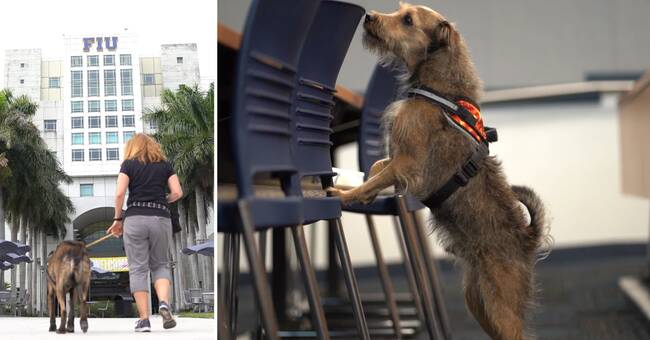The university's new corona detectives have been trained by its own researchers.
During a few weeks of training, they have smelled a number of mouthguards, some of which were worn by infected people, and thus learned to mark when they identify infection.
The researchers themselves describe the process as similar to that used to track, for example, drugs, and during the training, the dogs have shown themselves to be able to track the virus with 90 percent certainty.
Using dogs for the purpose of detecting coronary heart disease is nothing new. Previous studies have shown that the animals can handle the task with great certainty, and the method is already used at airports in Finland and Chile, among other places.

